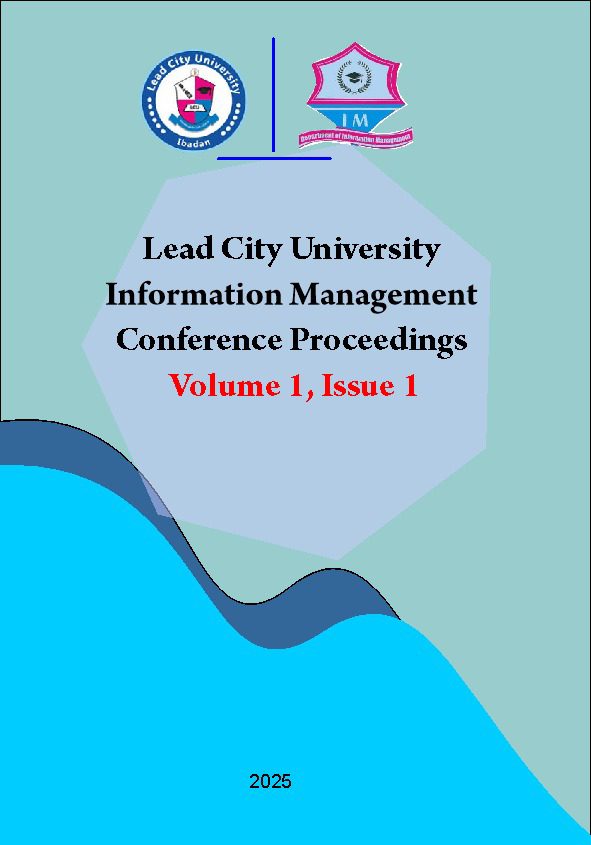Fostering Community Engagement in Horticultural Research Libraries: Bridging Knowledge Gaps through Collaborative Connections
Keywords:
Collaborative Connections, Community Engagement, Horticultural Research Libraries, Sustainable Development.Abstract
Libraries in Horticultural Research institutes are pivotal in knowledge dissemination,
innovation, and community development. Their vast resources notwithstanding, the engagement
of these libraries with their surrounding communities remains inadequate, leading to significant
knowledge gaps. This study investigates how the National Horticultural Research Institute
(NIHORT) library can leverage community engagement strategies to bridge these gaps. Using a
case study analysis, the study examines current practices, identifies stakeholders' knowledge
needs, and proposes collaborative strategies for enhanced community engagement.Secondary
data was obtained from the library’s records on the use of the Institute’s production guide in
educating farmers and home gardeners. Data was also obtained from the institute's social media
handles on Facebook, Instagram, X (formerly Twitter) and YouTube. The study investigates
what the library has done as regards community engagement between the year 2023 and 2024,
the data obtained was used to identify successful community engagement programs, as well as
best practices and challenges in engaging diverse audiences. The NIHORT Library engage its
community via selective dissemination of Information, capacity buildings, trainings, orientation
programmes, outreaches etc. To achieve these, various communication tools like the social
media, radio, television, production guides are used. Findings reveal that the most frequently
used communication tool is the production guide and the social media. The T.V and radio
programmes were used occasionally. The library also assists extensionists occasionally in
capacity building training programmes and outreaches to farmers in the institute’s adopted
villages and its environs. The findings of this study will contribute to a framework for
strengthening community engagement efforts in horticultural libraries as critical connectors in
the knowledge ecosystem, thereby fostering communities that are inclusive, knowledgeable, and
empowered to tackle problems like food security and climate change, ultimately promoting
sustainable growth and horticultural innovation.

